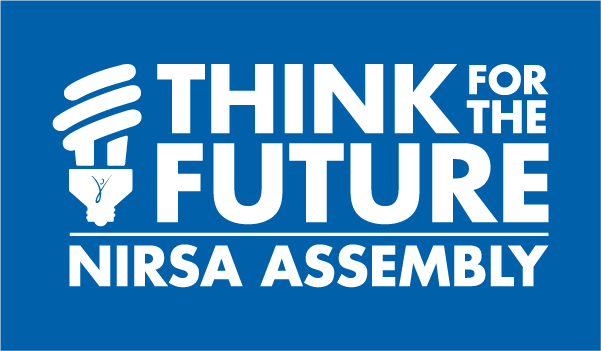How to Manage and Guide Civil Discourse in Collegiate Recreation
Published June 2, 2017 | Last Updated: November 24, 2020
This document is designed to be a resource to campus recreation departments as they work toward more deliberate conversations.
Deliberative learners explore complex topics in-depth, consider diverse perspectives, work through tensions inherent to those views, and attempt to arrive at reasoned judgment. It is a living document that will continue to develop over time to help professionals and students navigate difficult conversations regarding a multitude of issues on their campuses. The resources are divided into seven categories:
Additionally, each resource has potential uses that may be beneficial to departments.
The next steps for this work potentially include developing guided questions for each category; an assessment of the department’s readiness to engage in difficult conversations, and facilitation guide for a skill development workshop on communication and conflict skills.
Steps towards a More Civil Discourse
Today’s students live in a climate of noise. Access to news, the media, online forums and opinions 24/7 has defined their generation. News is broadcasted loudly, opinions shouted at others and conveyed with anger, violence and abusive remarks are given without concern for appropriateness or accuracy of information. If left unchecked, this lack of civility translates to a lack of tolerance in our communities and campuses. The result can lead to a climate of higher stress, anxiety, bullying, violence, polarization of opinions, and loss of hope. As collegiate recreation professionals, no matter our title, most of us are first and foremost in the business of developing students and creating opportunities for deliberative student learning. In 2016, the NIRSA Assembly began actively exploring the need to become better facilitators of civil discourse and NIRSA has continued to support this work. It is imperative that we educate ourselves on deliberative topics and work to teach students the communication skills needed to engage in civil conversations, active debate, and listening to understand. The below resources are intended to help collegiate recreation professionals facilitate and promote civil discourse on our campuses. It’s important to remember that we must educate ourselves and then each other in order to take steps toward a more civil discourse.
What Is Civility?
According to the Institute of Civility, “Civility is claiming and caring for one’s identity, needs, and belief without degrading someone else’s in the process.” It is about disagreeing without disrespect or being disagreeable, seeking common ground as a starting point for dialogue about differences, and listening past one’s own preconceptions, stereotypes, and prejudices. In short, it is the Golden Rule of personal relationships.
What Is Discourse?
Kenneth J. Gergen describes civil discourse as “the language of dispassionate objectivity”, and suggests that it requires respect of the other participants, such as the reader. It neither diminishes the other’s moral worth, nor questions their good judgment; it avoids hostility, direct antagonism, or excessive persuasion; it requires modesty and an appreciation for the other participant’s experiences.
“Civility is about more than just politeness, although politeness is a necessary first step. It is about disagreeing without disrespect, seeking common ground as a starting point for dialogue about differences, listening past one’s preconceptions, and teaching others to do the same. Civility is the hard work of staying present even with those with whom we have deep-rooted and fierce disagreements. It is political in the sense that it is a necessary prerequisite for civic action. But it is political, too, in the sense that it is about negotiating interpersonal power such that everyone’s voice is heard, and nobody’s is ignored.
“And civility begins with us.”


